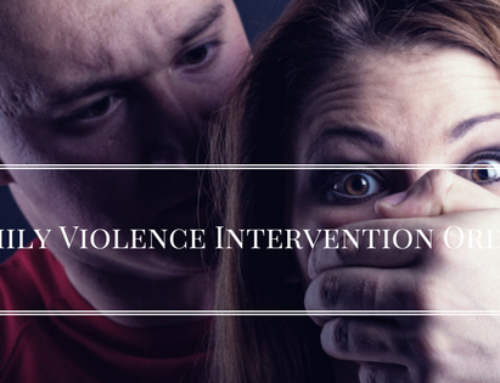I Have An Intervention Order Hearing: Should I Fight It Or Agree To It?
by Matthew Elvin
If you have been served with an intervention order application, you should attend the first Court hearing. If you do not attend it, an intervention Order may be made against you. Once you are in Court for the first hearing, you will essentially have two options:
1) Agree to an intervention order being made against you.
2) Do not agree to an intervention order against you.

You should not agree to an intervention order against you unless there is reasonable evidence in support of the intervention order application, or you admit the allegations. You need to read over the Applicant’s Application and think about the evidence. For instance, if there is evidence that you threatened violence (such as in an
SMS), then an intervention order will probably be made against you. If so, you should offer to agree to the intervention order being made, but only agree to the necessary conditions. For example, if there is no evidence that you are a threat to your children, then you should not agree to the children being on the Order.
On the other hand, if it does not appear that there is evidence against you, and you deny the allegations, you should seriously consider not agreeing to any intervention order against you. This may sound obvious, but it can be difficult to put in to practice when under pressure at the Court house. Court is stressful and you will just want it to be over. Further, you will probably be pressured by others, such as the applicant’s lawyer or the police, to agree to an Order against you.
However, agreeing to an Order can have serious consequences for you, especially if the applicant is the other parent of your children. Once an Order is made, you will not be permitted to approach the other parent. This means that you cannot approach your children while they are with the other parent (unless by written agreement or other Court Order). The intervention order can therefore be used to prevent or restrict your access to your children. If this happens, you will need to go through the Family Courts to get access, which can be expensive, stressful, time consuming and take many months.
If you do not agree to an order being made against you, the Magistrate will ultimately decide whether or not the order is made. It usually takes three Court hearings over a few months until it is finalised. If you are able to attend each of the hearings and you do not think that an order should be made against you, then you have little to lose by waiting to see what the Magistrate decides.



